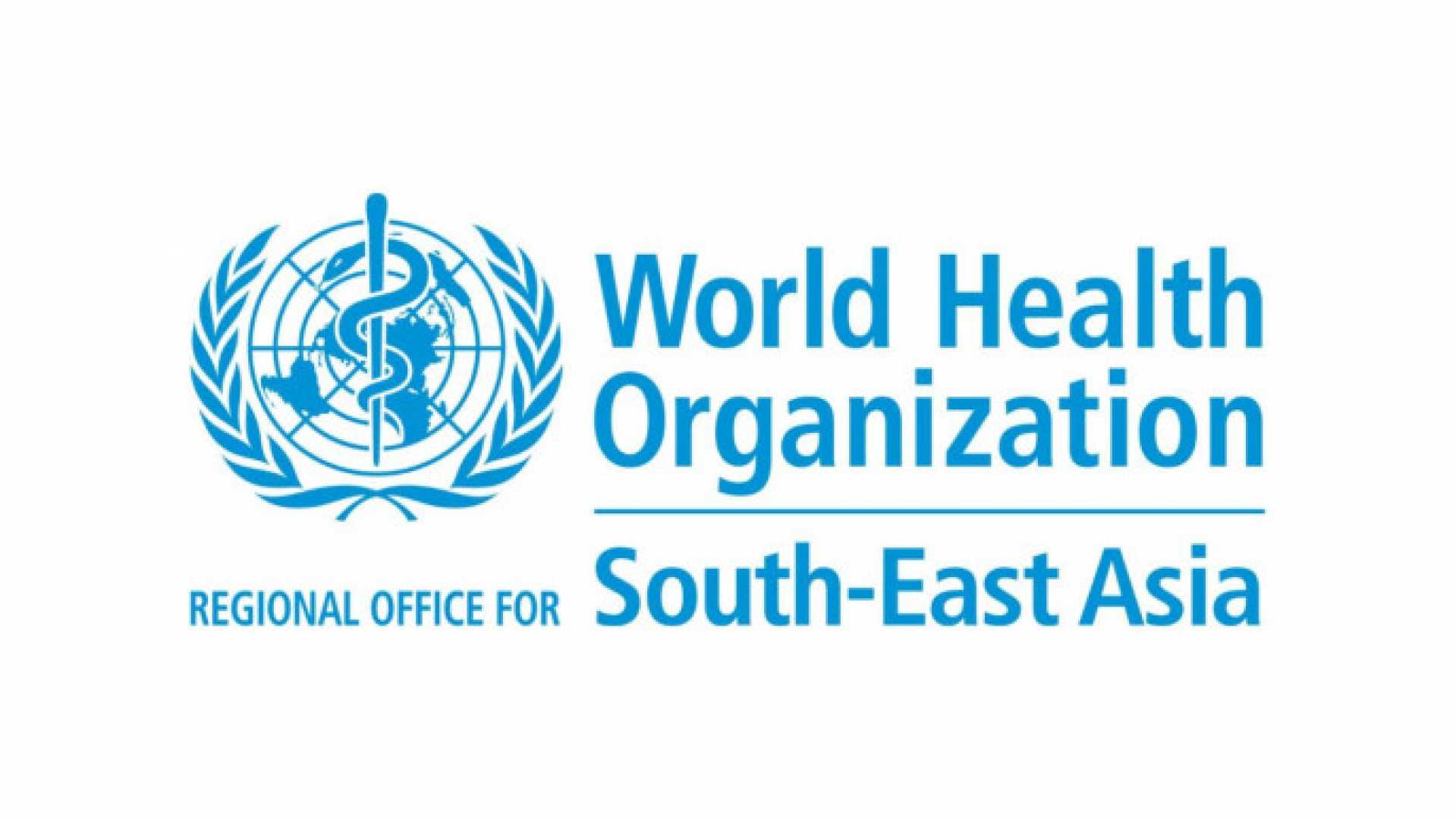Health
WHO SEARO Leads Mental Health Initiatives at Workplace

The World Health Organization‘s (WHO) South-East Asia Regional Office (SEARO) is taking a significant step towards enhancing mental health awareness and support within workplace environments. This move is in alignment with the observance of World Mental Health Day, which occurs annually on October 10. The day serves as a global platform for raising awareness about mental health issues and encouraging supportive efforts for those impacted by mental health challenges. The observance first commenced in 1992, initiated by the World Federation for Mental Health.
This year’s theme centers around the pivotal role of ‘mental health at work.’ WHO’s SEARO emphasizes that safe and healthy working environments can serve as protective factors for mental health. Conversely, challenges such as stigma, discrimination, and exposure to risks like harassment can adversely affect mental health. Saima Wazed, WHO Regional Director for South-East Asia, highlighted the considerable impact of mental health on work performance, noting that depression and anxiety result in the loss of nearly 12 billion workdays globally each year, costing the economy approximately US$1 trillion annually.
In response to these challenges, SEARO has launched an initiative named SEARO Care. The initiative is designed to enhance mental health and wellness among employees at both regional and country offices. Wazed expressed optimism that SEARO Care could become a model framework for other organizations across the region. “A supportive environment within the workplace can lead to increased job satisfaction, reduced stress levels, and overall happiness,” she stated, emphasizing its potential for creating a positive organizational culture built on trust and open communication.
SEARO Care is structured around two main pillars: improving the working environment and promoting mental health among colleagues. Improvements in the working environment include modifications to both physical and psychological spaces, with plans to provide social areas, ergonomic office tools, and exercise facilities among others. Promoting mental health involves training managers, hosting mindfulness workshops, and conducting surveys. Direct mental health protection initiatives encompass providing counseling services, establishing referral pathways, and creating peer advisory networks.
Wazed believes that success in SEARO Care will not only reinforce a supportive work environment but also contribute towards achieving regional goals. “We expect enhanced collaboration and innovation among our staff, helping them adapt to changes and overcome challenges,” she remarked.
With these initiatives, SEARO aims to pioneer efforts that prioritize mental health at work, setting a precedent for organizations throughout South-East Asia. This initiative could potentially inspire widespread organizational changes, fostering an inclusive and supportive atmosphere for all employees.












